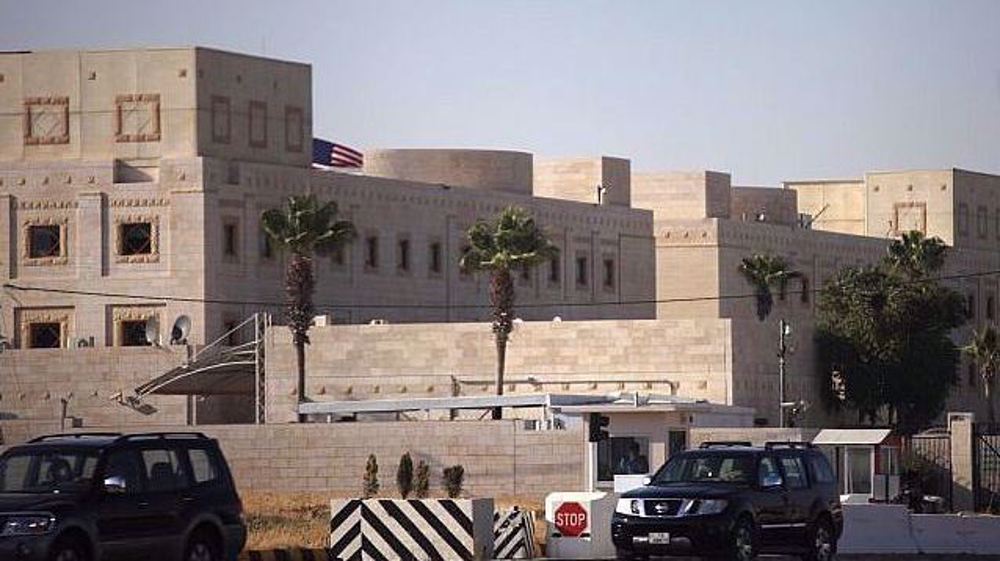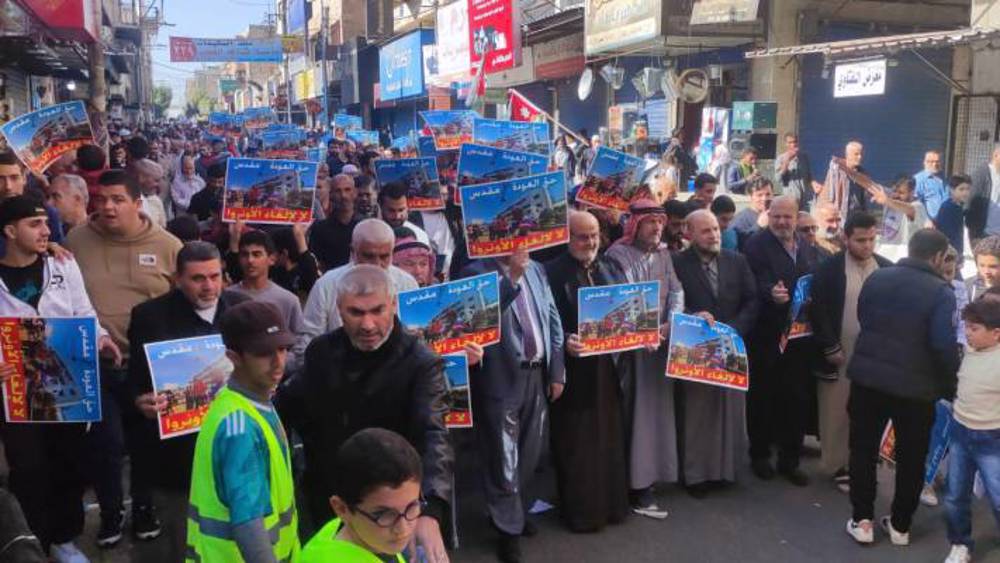Efforts to find political solution for Yemen failed: Houthis
Yemen’s Houthi Ansarullah movement says efforts to convene UN-backed peace talks to find a political solution to the ongoing crisis in the Arab country have failed.
"All understandings for a political solution leading to the cessation of aggression have failed,” Houthi spokesman Saleh al-Samad wrote on his Facebook page on Friday.
Last week, UN Special Envoy for Yemen Ismail Ould Cheikh Ahmed said he was hoping to begin separate preliminary talks with the Houthis and the government of Yemen’s fugitive President Abd Rabbuh Mansur Hadi, expecting formal negotiations between the two sides “in the coming weeks.”
The UN envoy wants the talks to focus on the main parts of UN Resolution 2216 -- the withdrawal of Ansarullah fighters from the areas under their control, the release of prisoners, the improvement of humanitarian situation, and the resumption of political dialogue.
In early October, Houthi leaders announced that they would accept the UN-brokered peace plan, which also requires adherence to Resolution 2216, if other parties to the conflict also commit to the initiative.
In his Facebook post, Samad also called on the Houthis to resist the Saudi aggression against their country.
"We should be patient and move with strength and courage in the face of aggression, to fortify our country against domination," he wrote, adding, "We must redouble our efforts and exert ourselves to the utmost, ensuring the sacrifices made by our people over the past months do not go to waste."

Previous attempt to hold peace talks in Yemen failed in June as loyalists to Hadi backed away from the negotiations insisting that Ansarullah fighters and their army allies first withdraw.
Saudi Arabia began its deadly military aggression against Yemen – without a UN mandate – on March 26. The strikes are meant to undermine the Ansarullah movement and restore power to Hadi, a staunch ally of Riyadh.
At least 7,000 people have lost their lives in the Saudi strikes, and a total of nearly 14,000 people have been injured so far.
On Thursday, Saudi Foreign Minister Adel al-Jubeir told a press conference in the Saudi capital Riyadh that the attacks may end soon, noting the acceptance of Resolution 2216 by the Houthis and affiliated groups.
The Ansarullah fighters took control of Sana’a in September 2014 and are currently in control of large parts of the country. The revolutionaries said Hadi's government was incapable of properly running the affairs of the country and containing the growing wave of corruption and terror.
Hadi, along with the cabinet of former Yemeni Prime Minister Khaled Bahah, stepped down in January.
On February 21, Hadi escaped house arrest in Sana’a and fled to his hometown Aden, where he withdrew his resignation and highlighted his intention to resume duties. He later fled the port city to Saudi Arabia.
Jan. 15: ‘Axis of Resistance’ operations against Israeli occupation
VIDEO | US fires: Criticism mounts over govt. failure to respond
VIDEO | Fears, hope in Gaza amid intensified ceasefire efforts
VIDEO | Press TV's news headlines
Hamas: Ceasefire agreement result of steadfastness, resistance in Gaza over 15 months
Hamas thanks Iran, Resistance Front following achievement of ceasefire in Gaza
'Capitulation': Israeli officials and media concede Gaza defeat as truce unfolds
'Gaza has won': Social media users react to ceasefire with mix of relief, joy










 This makes it easy to access the Press TV website
This makes it easy to access the Press TV website